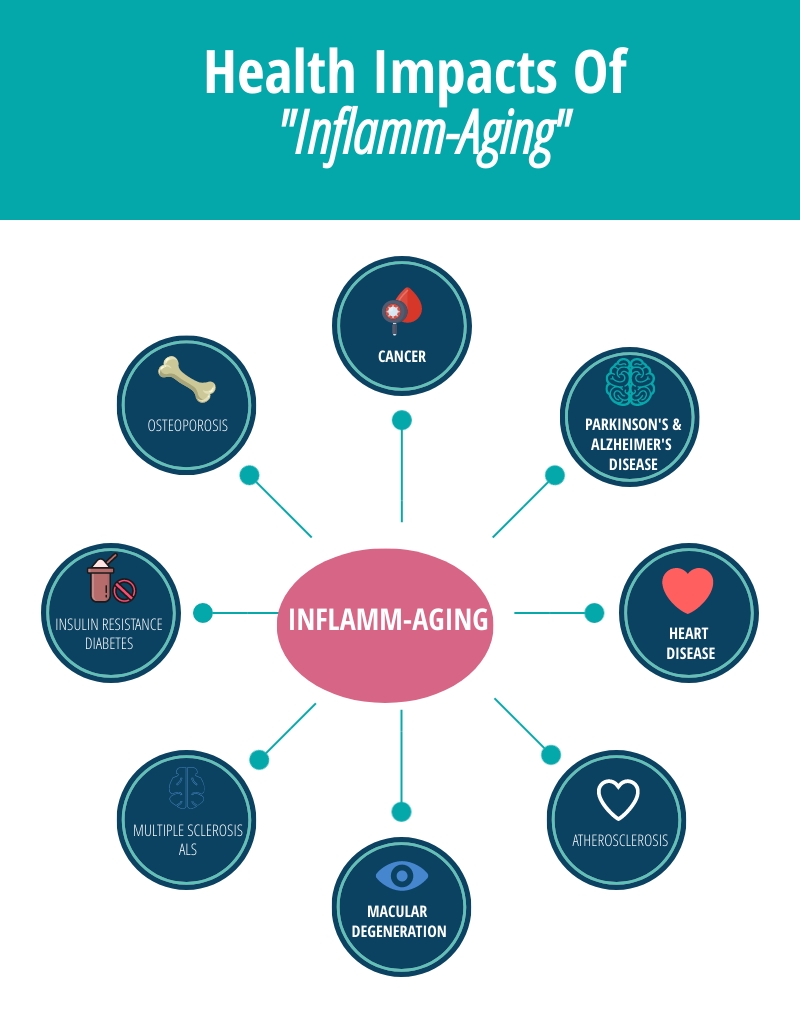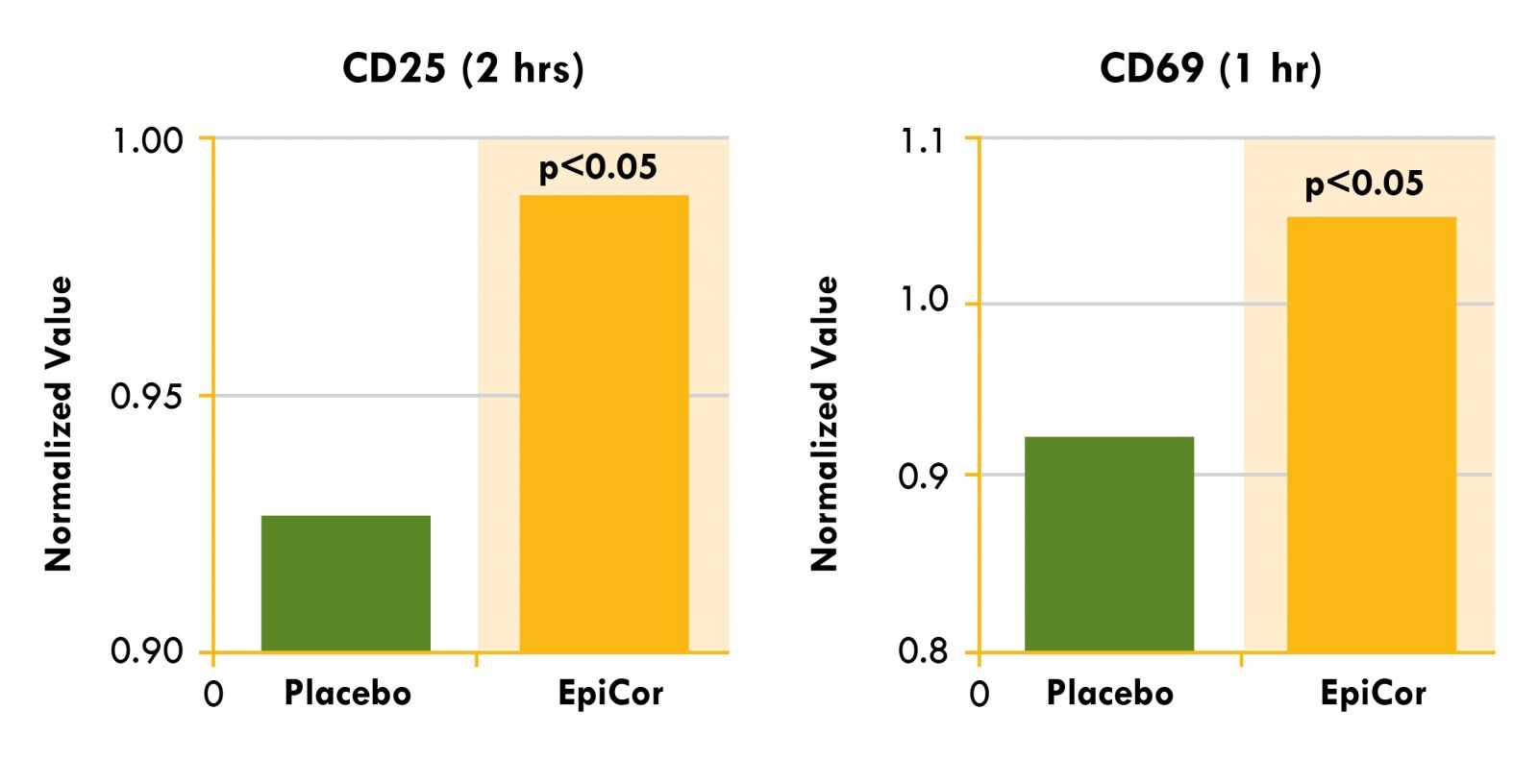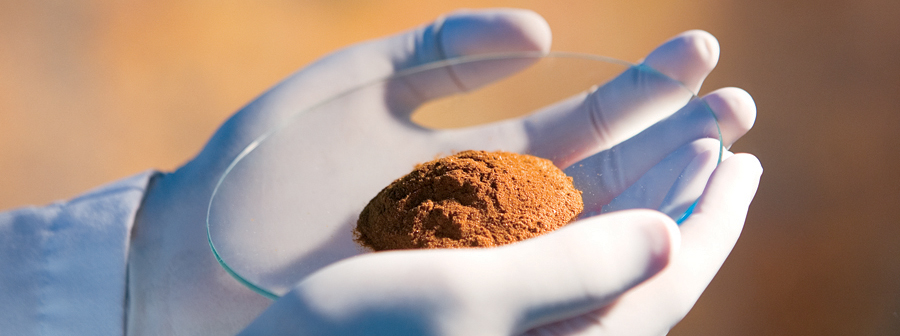- Home
- Our story
- Nutrition Quickies
- Products
- Ingredients
- Articles
- Success Stories
- Contact Us
- Timeless Radiance
- JayLab Pro Prosta-7
- BloodFlow Guardian
- VG-6
- Ultimate Sleep Solution
- Fermented Turmeric
- Collagen Complex
- Ultra-Cleanse Detox
- Krill oil
- Probiotics
- Advanced Joint Support
- Gluco Guardian
- Multi-vitamin (Active Core Complex)
- Renewal for men (T20)
- Protein powder
- Combo-packs
- Login
How Aging Impacts Your Immune System
…aging impacts your immune system early than you may think.
.jpg) Over the last (almost) 3 years, you’ve dealt with quite a few things in your life. But none bigger than the current pandemic we are stuck in.
Over the last (almost) 3 years, you’ve dealt with quite a few things in your life. But none bigger than the current pandemic we are stuck in.
Although we don’t quite know when the pandemic will end…
What we do know is that having a strong and healthy immune system can dictate how well you’re able to fight off this virus—or any other viruses you might be exposed to.
And no matter if you: wash your hands, socially distance, or eat healthy…
It might not be enough to protect you as you get older.
Why?
The immune system, like every system, is impacted by age. The older you get, the weaker your immune system becomes. It’s called immunosenescence, or the gradual decline in your immune system.
But there are some questions that need to be answered before you learn how to reverse this age-related loss in immune function.
Table of Contents
What is the Immune System?
How Age Impacts Your Immune System
The 7 Ways to Boost Immunity
Vitamins For Immune Health
Conclusion
What Is The Immune System?
To put simply, your immune system keeps you from getting sick from foreign invaders.
Made up of cells, antibodies, macrophages, and other signaling cells, the immune system is designed to destroy, or neutralize, viruses, bacteria, toxins, cancer cells, and blood or tissue not naturally occurring in your body.
And it does a very good job doing this. Your immune system is made up of your innate and adaptive immune systems.
Although they are both activated at the same time, one acts faster than the other.
Your innate immune system is considered the first line of defense against foreign invaders. It’s made up or neutrophils and macrophages and starts destroying unwelcomed guests when they invade our bodies.
Once they have done most of the hard work, the adaptive immune system finishes the job. The adaptive immune system is made up of targeted cells that seek and destroy the viruses or bacteria.
This arm of the immune system is where the T-cells, B-cells, and antibodies are stored, which are used in a targeted and more precise manner.
The adaptive immune system also “remembers” viruses and dangerous pathogens and prevents getting the same infection twice.
The only drawback to the adaptive immune system is the speed at which is works. The adaptive immune system is a much slower system (it takes time to find the right T or B-cell to fight off the infection), making it harder to fight off infections right away.
Luckily you have your innate immune system, which starts the fight and gives the adaptive immune system time to find the right virus-killing cell.
But:
This might become a problem as you get older…
How Age Impacts Your Immune System
Age has a way of impacting every single cell in your body. And that includes your immune system.
Even though you may be 40, as an example, it doesn’t mean that’s your true biological age. Depending on your lifestyle, diet, and exercise habits, you may be OLDER or YOUNGER than your physical number.
Which is why developing and maintaining a healthy lifestyle is so important to your overall health.
It could help you live longer…and have more fun in the process.
But, just like every other cell in your body, your immune system is also impacted by your age.
For example, a 60-year-old-women, living independently, may have the immune system of a 40-year-old—depending on her lifestyle habits.
But the same 60-year-old woman could also have the immune system of a 90-year-old if she smokes, doesn’t exercise, and doesn’t eat a healthy diet.
Your immune system starts to decline with age—a term called immunosenescence--also called "inflamm-aging." This means your immune system has a harder time fighting off infections that could impact your health.

Your immune system is often slower to respond, which gives plenty of time for viruses and bacteria to take hold and cause you to get sicker at a faster rate.
But it’s not just about getting sick…
A weaker immune system may cause autoimmune disorders to occur (when your body attacks healthy cells)…
You may not heal from injuries as fast…
And your body may not be able to find cell dysfunctions in your body—which increases your risk for developing different cancers.
.jpg)
Taking the steps now to develop a stronger immune system is especially important now more than ever.
But what if you’re young—do you need to worry?
Although immunosenescence is seen in older adults, the process starts when you’re very young.
During puberty, the immune system starts to misbehave and starts to cause issues with the strength, spend, and precision of your immune system.
Combined with poor dietary and lifestyle factors, the rate your immune system slows down, or declines may occur faster and without warning.
And this explains why some people always catch a cold…are down for the count with the flu…or always seem to be “sick” of have a runny nose.
Because their immune system isn’t functioning like it should be—because it’s probably much older snd weaker.
But it doesn’t have to be this way. If you want a stronger immune system, you need to do…
The 7 Ways To Boost Your Immunity—No Matter What Age You Are
Yes, your immune system weakens as you get older. And this puts you at risk for letting viruses, bacteria, and other toxins to take hold in your body and make you sick.
But:
You can give your immune system the boost it needs by changing a few things in your lifestyle.
The more you change, the stronger your immune system becomes.
Here are 7 changes you can make right now that could have a major impact on the health of your immune system:
1. Eat a Balanced Diet
If you eat processed foods, loads of sugar, and often fill up on junk food—you’re not giving your immune system the nutrients it needs to stay healthy and strong.
Eating a balanced diet gives you the vitamins, minerals, and antioxidants you need to give your immune system the boost.
You should include lean cuts of protein, healthy fats, and plenty of fruits and vegetables (including dark leafy greens which store more of the vitamins and minerals your body needs).
2. Get Enough Sleep
 Sleep has been shown to weaken your immune system and makes it easier to get sick.
Sleep has been shown to weaken your immune system and makes it easier to get sick.
Your immune system releases specialized proteins and antibodies that are needed when you’re sick. Lack of sleep has been shown to lower the number of proteins your immune system releases, therefore making it harder to fight off infections.
Aim to get 6 to 8 hours of uninterrupted sleep each night to give your immune system the boost it needs.
3. Exercise Regularly
Exercise is one of the most important keys to adding strength to your immune system. Exercising regularly may boost the production of antibodies and helps them circulate more rapidly in your body.
This allows them to detect and find viruses to destroy them. But that’s not all exercise does.
Exercising also flushes bacteria and viruses out of our lungs, keeping them from invading your body and making you sick.
Plus, the increase in body temperate may also destroy viruses and bacteria—which prevents bacteria from growing in your body.
Exercise also lowers stress hormones, which has been linked to poor immune function.
4. Wash Your Hands
If there is anything we’ve learned from this pandemic is to wash your hands regularly. Your hands often carry bacteria from everything you touch.
And once on your hands, they have a much easier time getting in your body by touching food, rubbing your eyes, or even touching your nose and mouth.
This transmits the bacteria inside your body where it starts to replicate and cause trouble.
Scrub your hands vigorously under warm water with soap throughout the day.
5. Maintain a Healthy Weight
If you’re overweight, then your immune system may not be functioning as strongly as it could be.
Studies show that being overweight, or obese, may lower immune function and increases the risk for bacteria or viral infections.
Losing weight, however, may give you immune system a boost, which might add a layer or protection to your body.
6. Don’t Smoke
You know the dangers associated with smoking. It might lead to COPD, cancer, and it might even cause heart disease.
Smoking also does a number on your immune system. Not only does it weaken your immune system, smoking also alters the balance in your immune system cells.
This increases the risk for getting sick and the risk for autoimmune disorders.
Studies have shown a link between those who smoke and the painful autoimmune disorder rheumatoid arthritis.
If you smoke, consider quitting for both your overall and immune health.
7. Minimize Stress
Research has shown stress to be a major contributor to a weaker immune system by lowering the immune response.
Lowering your stress may be one of the easiest and most effective ways to strengthen your immune system and keep yourself from getting sick.
If you want a stronger immune system, start by making some of these changes to your lifestyle and diet.
But if that is not something you can do right now, there are certain vitamins and minerals that might protect your immune system--right now until you can make the changes needed.
They are:
The Top Vitamins For Immune Health
Your diet plays a key role in a stronger, more robust immune system. Sadly, however, our intake of fruits and vegetables is not very good.
And this leaves our immune system cravings the nutrients it needs.
Eating a balanced diet is key to a stronger immune system. But if you don’t care to eat a healthy diet, or you can’t stomach fruits and vegetables, then taking vitamins and minerals may help you give your immune system a boost.
Your immune health vitamins and minerals include:
1. Vitamin C
Vitamin C may prevent infections from occurring and also cuts down on the length of time you’re sick. This is one key vitamin to take each day to ensure you’re giving your immune system the best chance possible to stay healthy.
You can get vitamin C from: spinach, kale, Brussel sprouts, bell peppers, strawberries, and citrus fruit.
2. Vitamin E
This vitamin is crucial to the function of your immune system. Not only does it prevent infections, Vitamin E is also part of nearly 200 biochemical reactions that keeps your immune system functioning correctly.
You can get vitamin E from: almonds, peanuts and peanut butter, sunflower seeds, and hazelnuts.
3. Vitamin D (the sunshine vitamin)
This is by far the most important vitamin for keeping your immune system strong. Research shows that a lack in vitamin D may lead to dysfunctions in your immunity.
You can get vitamin D from: salmon, mackerel, tuna, sardines, and milk.
4. Iron
Irons is usually linked to healthy blood flow. But it is also crucial for a health immune system. It helps in the development of your immune system and influences the function of your innate and adaptive immune system. Low iron levels may interfere with normal functioning of your immune system.
You can get iron from: red meat, chicken, turkey, oysters, clams, and mussels.
And for those vegetarians, you can get iron from: beans. Broccoli, kale, and iron-fortified cereals.
5. Zinc
Zinc is another important nutrient for a stronger immune system. It’s crucial in the production of new immune cells, which is important for maintaining a stronger immune system as you get older.
You can get plenty of zinc from: oysters, crab, lean meats and poultry, baked beans, yogurt, and chickpeas.
6. Quercetin
This powerful antioxidant helps to protect your immunity by stopping the replication process in your body. This prevents viruses from making additional copies that can invade and infect other cells. It also lowers inflammation, which could help return an overactive immune system to normal.
You can get quercetin from: dark chocolate, wine, apples, and raspberries.
Here is what you need to understand about this…
Conclusion
As you get older, your immune system starts to decline in function. This process, called immunosenescence, leaves you vulnerable to sickness and foreign pathogens and the development of autoimmune disorders and cancer.
But there are many ways to improve the strength of your immune system. By balancing your diet, getting enough sleep, lowering stress, quitting smoking, exercising regularly, and maintaining a healthy weight will go a long way to keeping your immune system as strong as it should be.
If you don’t feel like you can make all the changes needed, there are certain steps you can take right now that may add some protection to your immune system. Even if you don’t eat a well-balanced diet, you can supplement your diet with these powerful nutrients that have been shown to boost your immunity.
The nutrients you should focus on are: vitamin C and E, Iron, Vitamin D, Quercetin, and Zinc. These potent nutrients have been shown to support your immune system health and give it the strength it needs to stay healthy.
But even with a well-balanced diet, you may not get all the nutrients you need to protect your immune health.
This formula, powered by EpiCor™, is a unique formula unlike anything else on the market today. EpiCor™, which is a yeast and whole food fermentate, has been shown to boost your immune system—within 2 hours of taking it.

This one nutrient alone might be just as effective as eating all the servings of fruits and vegetable each day.
Not only does it quickly boost your immune system…it increases the production and activation of NK cells, which seek and destroy pathogens in your body. It also increases antibody production in vulnerable areas (eyes, nose, mouth, vagina) to add a initial layer of defense to keep viruses and pathogens locked out.
EpiCor™ also acts as a food for your gut bacteria, therefore strengthening your immunity from the depths of your gut and all through your body.
 The combination of EpiCor™, vitamin D, quercetin, and bromelain create a formula that may prevent viruses from invading your body and speeds up your innate and adaptive immune systems.
The combination of EpiCor™, vitamin D, quercetin, and bromelain create a formula that may prevent viruses from invading your body and speeds up your innate and adaptive immune systems.
This allows your body to quickly detect and destroy viruses before they have a chance to make you sick. Plus, if you do manage to get sick, it shortens the time you’re sick—so you’re back to feeling good as quickly as possible.
If you enjoyed this article, please SHARE with your family and friends by clicking your favorite social media links below.

